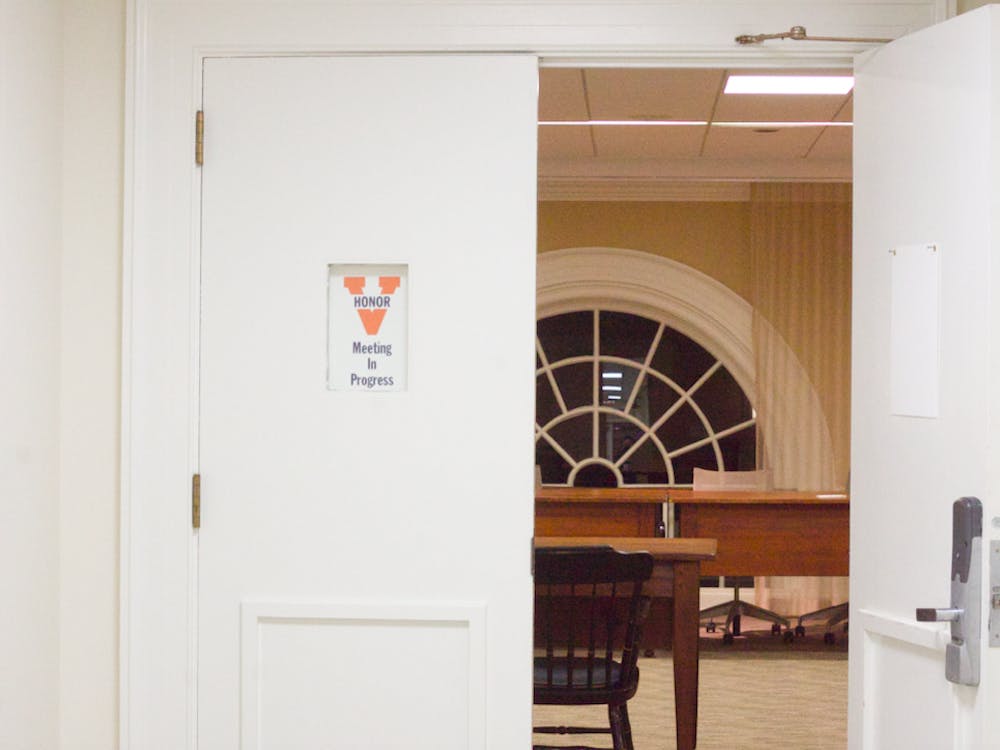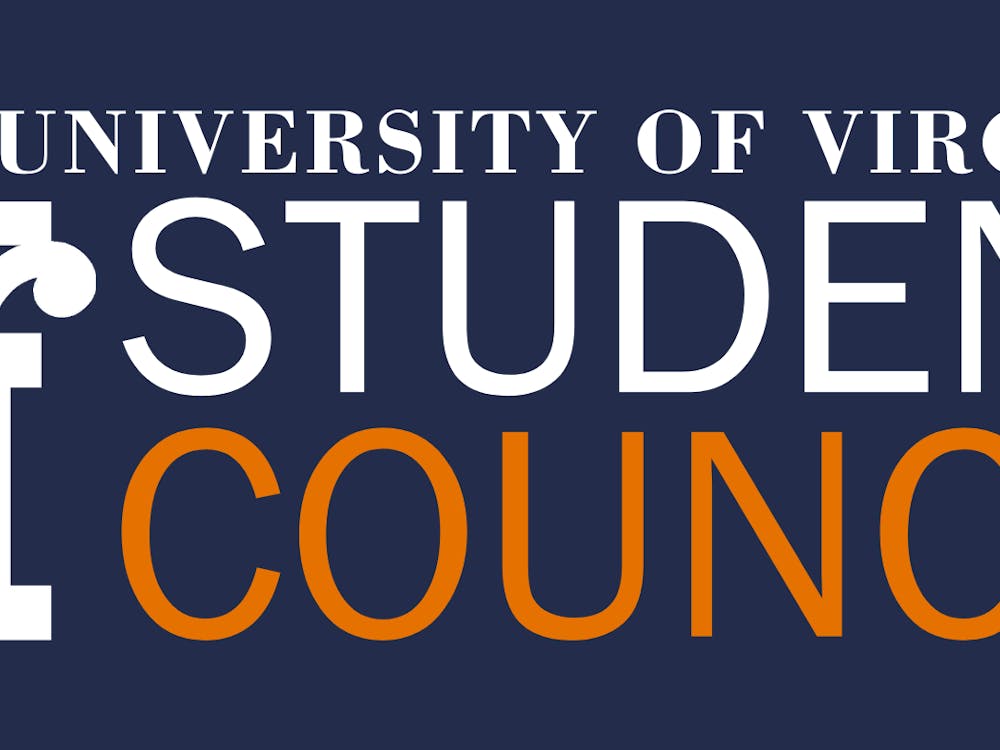The concept of the individual is dying in the United States. Politics shape nearly every aspect of human life, from the roads we drive on to the price we pay for every good we purchase, yet Congress somehow fails to satisfy the political yearnings of nearly 85 percent of the American population. Even during the most inefficient period in congressional history, budgets and codes and various reforms continue to be passed by our nation’s legislative body, but what is the true driving force behind public policy? Does Congress really have individual interests at heart when voting on legislation?
The American governmental system by its very nature cannot possibly satisfy the desires of every individual who cares about public policy. As a democratic republic, the United States is governed by a slew of elected representatives whose primary motivation is not to look out for the population as a whole, but merely to unite a simple majority of their constituents in order to keep their own positions. Elected representation may have been the most useful form of governance during a time period in which literacy and intellectual competence were considered a luxury. However, over 90 percent of current 25-29 year olds in this country have received a high school degree — a 3 percent improvement over the last 10 years — meaning the capacity to think critically about policy is becoming universal, yet the capacity to act upon this criticism is held by a tiny group of representatives.
The Founding Fathers invented this system as a safeguard against tyranny, though by their own invention they created a system entirely defenseless against the true source of tyranny in the capitalist world: money. In a study conducted on 1,779 American policy issues, a group of professionals at Northwestern University found that “economic elites and organized groups representing business interests have substantial independent impacts on U.S. government policy, while mass-based interest groups and average citizens have little or no independent influence.” Money paves the way for change in this nation, which can often be incredibly beneficial for all citizens, but when money influences the way this country is governed, it chips away at the spirit of individualism, at the foundation of freedom.
Corporations have no business controlling policymaking in the United States. From precedents set by the Citizens United case to the various tax breaks and benefits corporations receive from the federal government, it is clear our legislative and judicial systems — as a whole — have little desire to change the tremendous impact that money has on this nation’s political construct. The Supreme Court set the precedent that money is a form of free speech and thus political contributions cannot be restricted by legislative policy, yet money is the very reason the individual capacity to affect policy is restricted. By defining money as free speech, we have established that the worth of an idea is merely represented by the amount of money behind it, but how can money be a form of “free” speech when individuals do not have anything close to equal access to it?
Our nation has taken a step backwards in ensuring the personal liberties of its people. The Federal Election Campaign Act, passed in the 1970s by a bipartisan Congress rocked by the Watergate scandal, placed heavy restrictions on funding toward federal campaigns and was upheld — for the most part — by the Supreme Court in the landmark Buckley v. Valeo case. Since then, Congress and the Court have contradicted the anti-corruption precedents they set nearly 40 years ago, simultaneously disinheriting American citizens of their ability to engage in individual political participation.
The United States operates in a model capitalist economy, which some may argue is a flawed system, though in general the spirit of entrepreneurship and the motivating factors of hard work have positive impacts on society. But the virtues of politics can — and should — be independent from this preponderance of greed, as the citizens of this nation are losing the very aspect of their livelihood that was central to this nation’s inception: freedom of expression against corrupt and oppressive systems. Although citizens can speak out against their nation’s policies, they have practically no ability to change the doctrines they criticize, and without a capacity to truly incite change the individual loses a component of real democracy that is essential to that person’s personal freedom and protection.
True freedom is more than just the ability to speak; it is the liberty to act out against a system that one can clearly see is inherently flawed. A democratic republic is not ideal in a nation of nearly universal critical intellect, and money should never be allowed to replace the worth of human ideas. For as many successes as our Constitution has had, it is not a perfect document and it has failed to ensure the doctrines of freedom that are central to the American spirit. Our nation’s founding document was written when industry hardly existed; now it is time to take industry out of politics.
Ryan Gorman is a Viewpoint writer.





